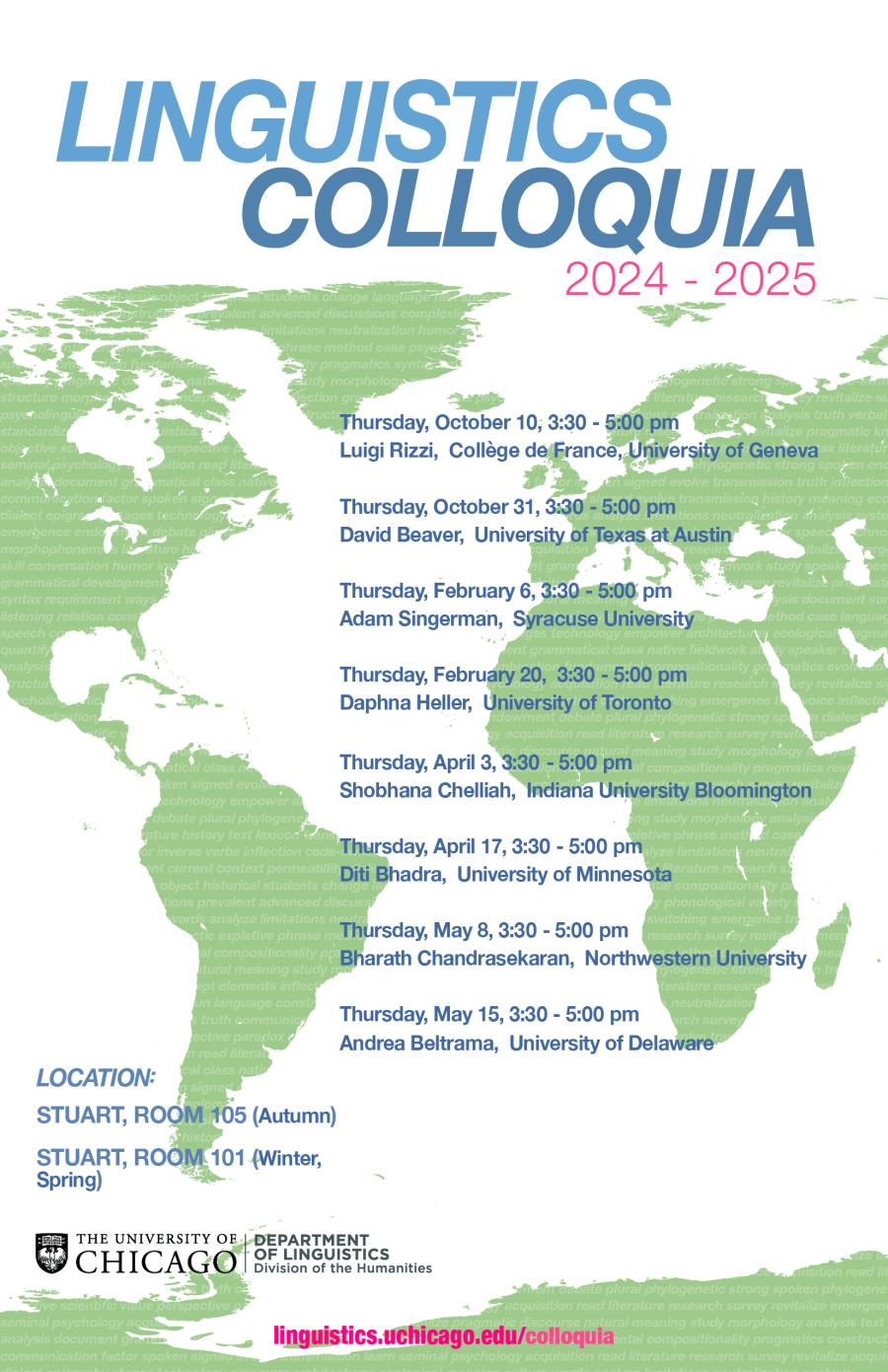As a reminder, please join us for the colloquium talk that will be given by Asimakis Fliatouras (Democritus University of Thrace) this coming Thursday, May 22, at 3:30 p.m. in Harper Memorial 130 (please note the new room). Prof. Fliatouras’ title and abstract are given below.
Before the colloquium, there will be a lunch for Prof. Fliatouras and interested graduate researchers at 12:00 p.m. in Cobb 303.
The colloquium will be followed by a tea/reception, to which dinner will be delivered, in Rosenwald 432.
The learned register in Contemporary Modern Greek
The history of the Greek language presents a particular phenomenon, known as the Language Question. From the period of the Hellenistic Koine to the present day, a prescriptive superstratum has developed in the Greek language, aiming to preserve elements of the ancient Attic dialect for ideological reasons. This stratum is referred to as the learned register.
During the 19th and 20th centuries, this situation gave rise to a form of (social diglossia), where Katharevousa (archaic) was used in formal written contexts, and Demotic (vernacular) Greek prevailed in informal spoken communication. In 1976, Demotic Greek was officially established as the standard language.
However, fifty years after this standardization, there are observable phenomena of register convergence, where elements of the learned register are integrated into the standard language. At the same time, the ideological weight of the learned register appears to be diminishing.
The purpose of this talk is to illustrate, with examples, the conditions and processes of this register blending across all levels of linguistic analysis—phonology, morphology, and syntax—as well as in the lexicon.

